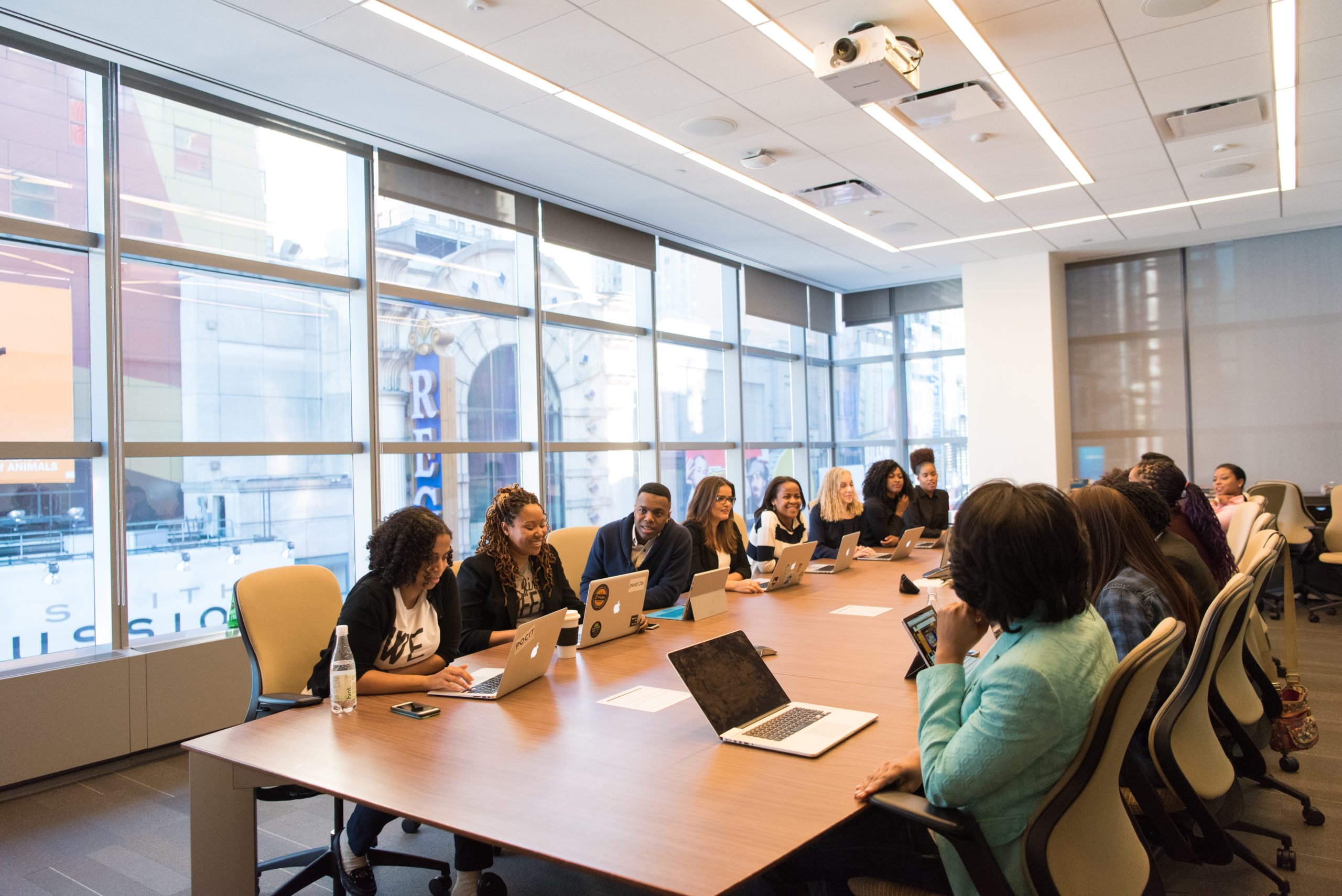People rely on law enforcement to deal with criminals. The problem is that peace officers and prosecutors intervene after victims have suffered bad consequences from a dangerous encounter.
Background screening and reference checks prevent roommates from sharing living quarters with risky strangers. They also help consumers identify fraudulent online sellers who sell fake and overpriced goods and services. During COVID-19, avoiding a crime is less painful than seeking justice from an overwhelmed legal system.
Reducing exposure through background checks
In a recession, consumers should consider a reference search, as well as background check as an important due diligence practice. According to the Association of Certified Fraud Examiners (ACFE), financial need is the top reason why criminals commit fraud.
Unfortunately, the pandemic increases personal and business risks for individuals and companies as desperation engulf segments of the population. In November, for example, nine million Americans were behind on rent. It can embolden some to perpetrate crimes they otherwise would not get involved in.
The FBI warns that criminals are taking advantage of the pandemic by perpetrating COVID-19-related scams. These entice people to give upfront cash and/or sensitive information in exchange for financial relief or non-cash benefit. Other schemes are fake treatments, work-from-home (WFH) fraud that demands upfront payment from job seekers, and investment shams in supposed COVID-19 cures.
Avoiding negative consequences
Consumers can stay vigilant by verifying claims and by double-checking people’s background information.
With publicly-available databases, the cost of background checks has been decreasing over time. For example, services like CheckPeople provide unlimited searches with a monthly subscription. A reference check usually includes data such as identity verification, addresses, personal references, and vehicle records.
A more extensive background check can cost a few hundred dollars, but that depends on the purpose of due diligence and what is researched. Data can include criminal background, education, past employment, certifications, credit, rental history, security clearance, and drug testing.
“Organizations and individuals can use standard searches of people’s backgrounds to reduce exposure to risky encounters,” says Elvis D., founder of Orlando, Florida-based CheckPeople. “These fees should be weighed against the cost of a potentially devastating consequence. Users can identify red flags when dealing with con artists, sexual offenders, addicts, and compulsive liars. Charlatans will often communicate inconsistencies about their past.”
Your personal network does matter
Online people search and background screening provide advantages other than risk reduction. Roommates, consumers, and online daters can improve the quality of their personal connections and interactions.
Over the course of a lifetime, we meet and befriend thousands of people both in real life and on social media. Many of our heartaches and headaches come from toxic, dysfunctional people who seemingly enjoy making other people’s lives miserable.
Higher quality associations prevent headaches, theft, and unnecessary conflict with charlatans who pretend to be something they’re not. Consumers can then enjoy a better quality of life by interacting with positive and supportive individuals who really are who they say they are.
This is a Contributor Post. Opinions expressed here are opinions of the Contributor. Influencive does not endorse or review brands mentioned; does not and cannot investigate relationships with brands, products, and people mentioned and is up to the Contributor to disclose. Contributors, amongst other accounts and articles may be professional fee-based.

